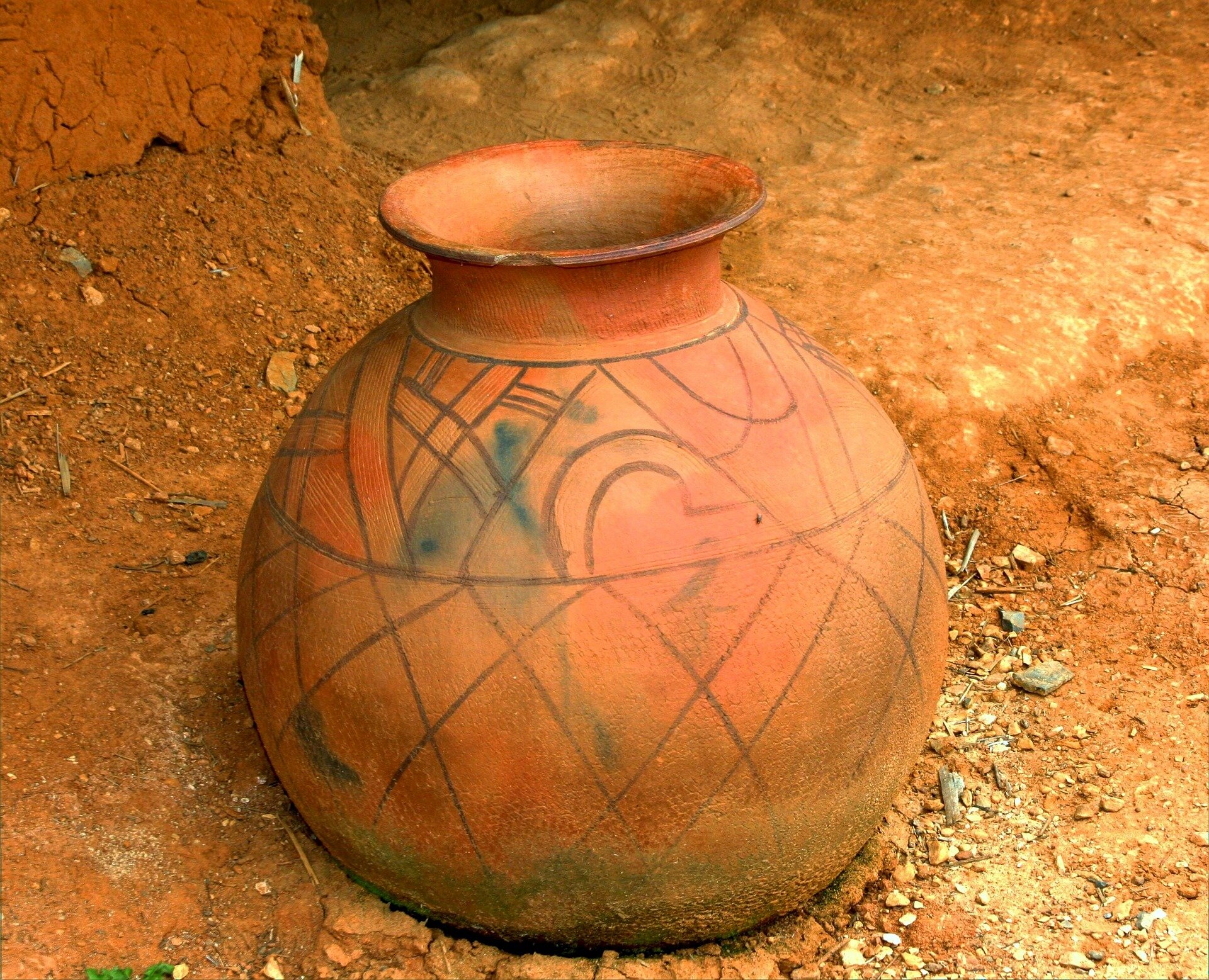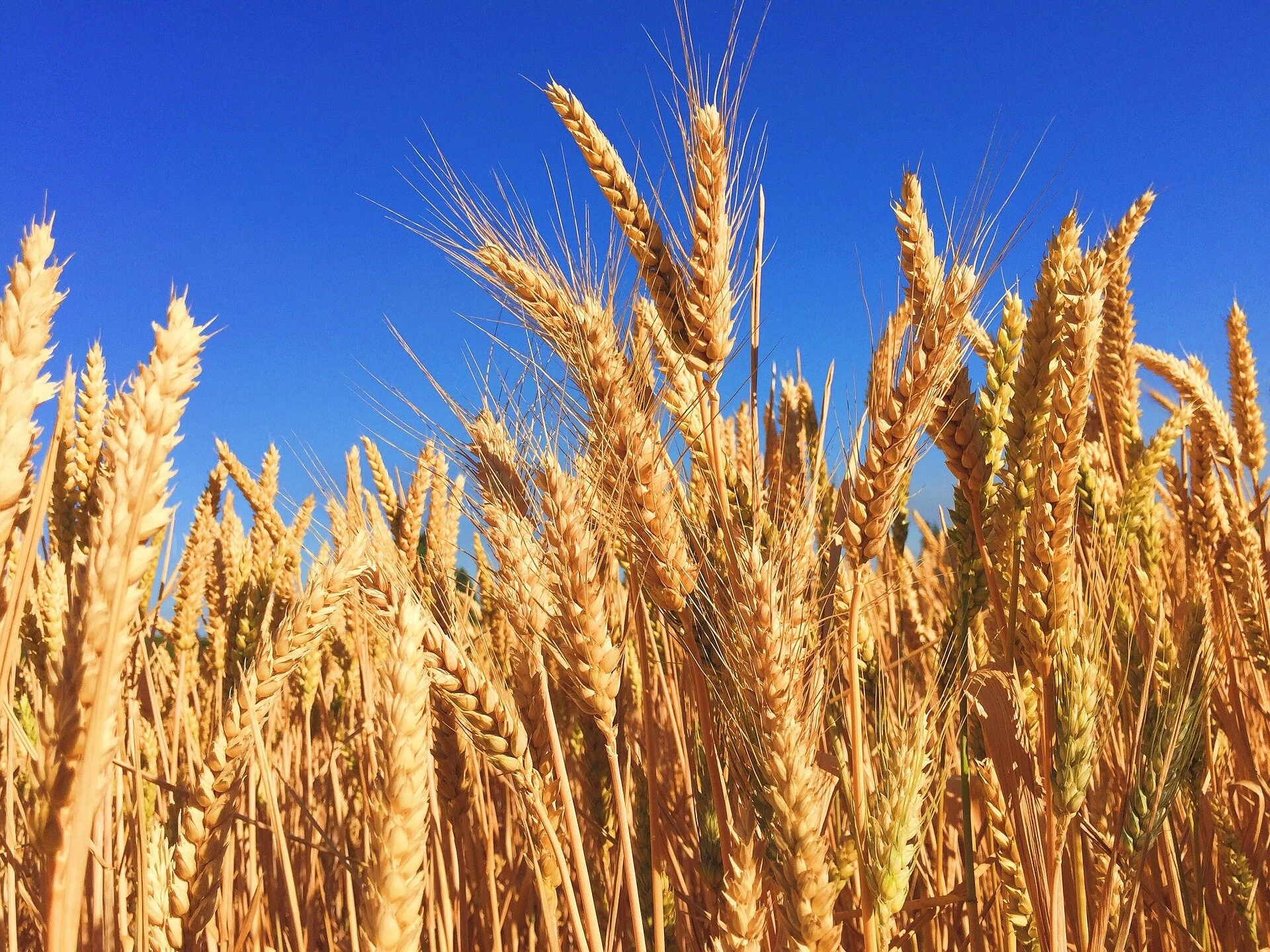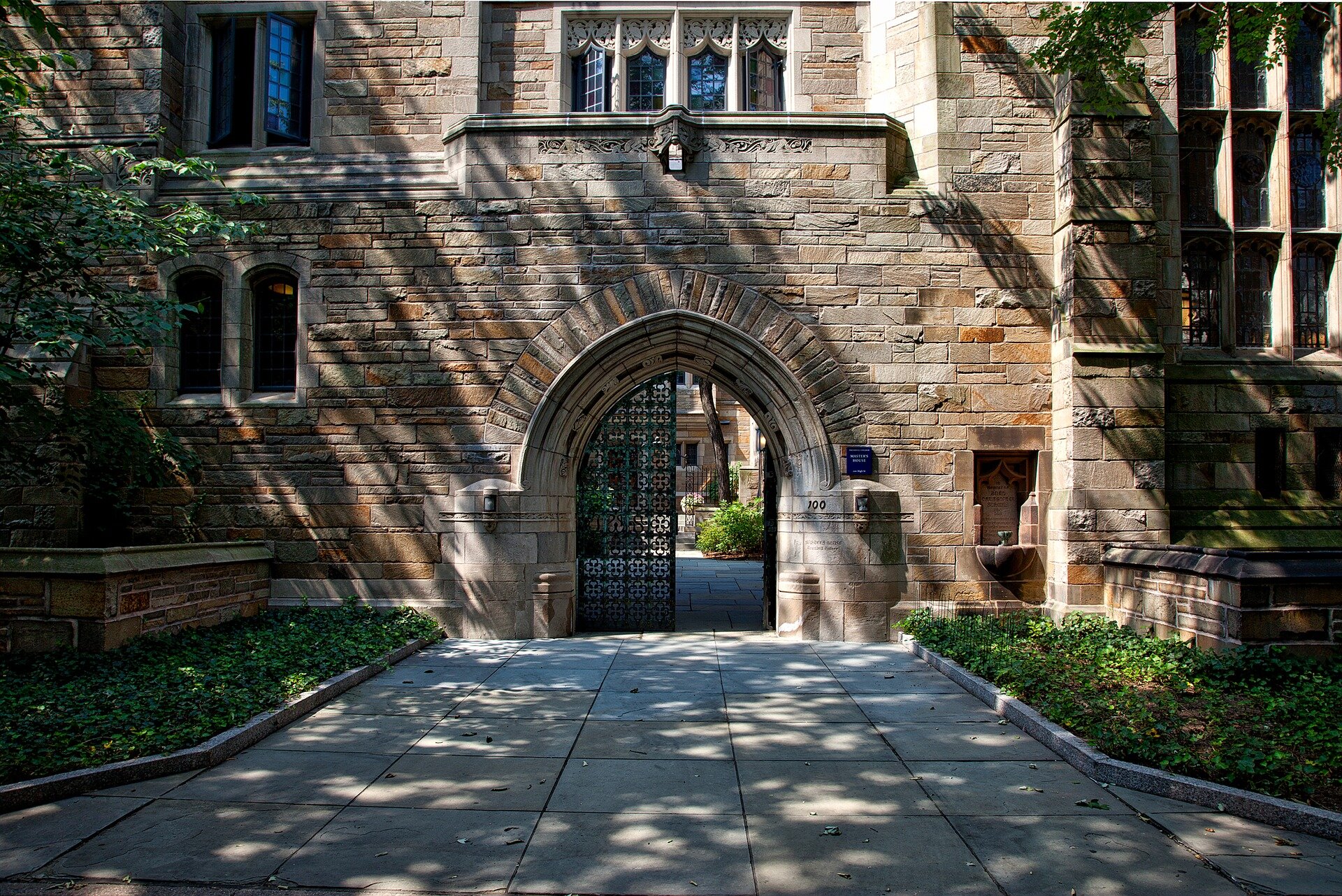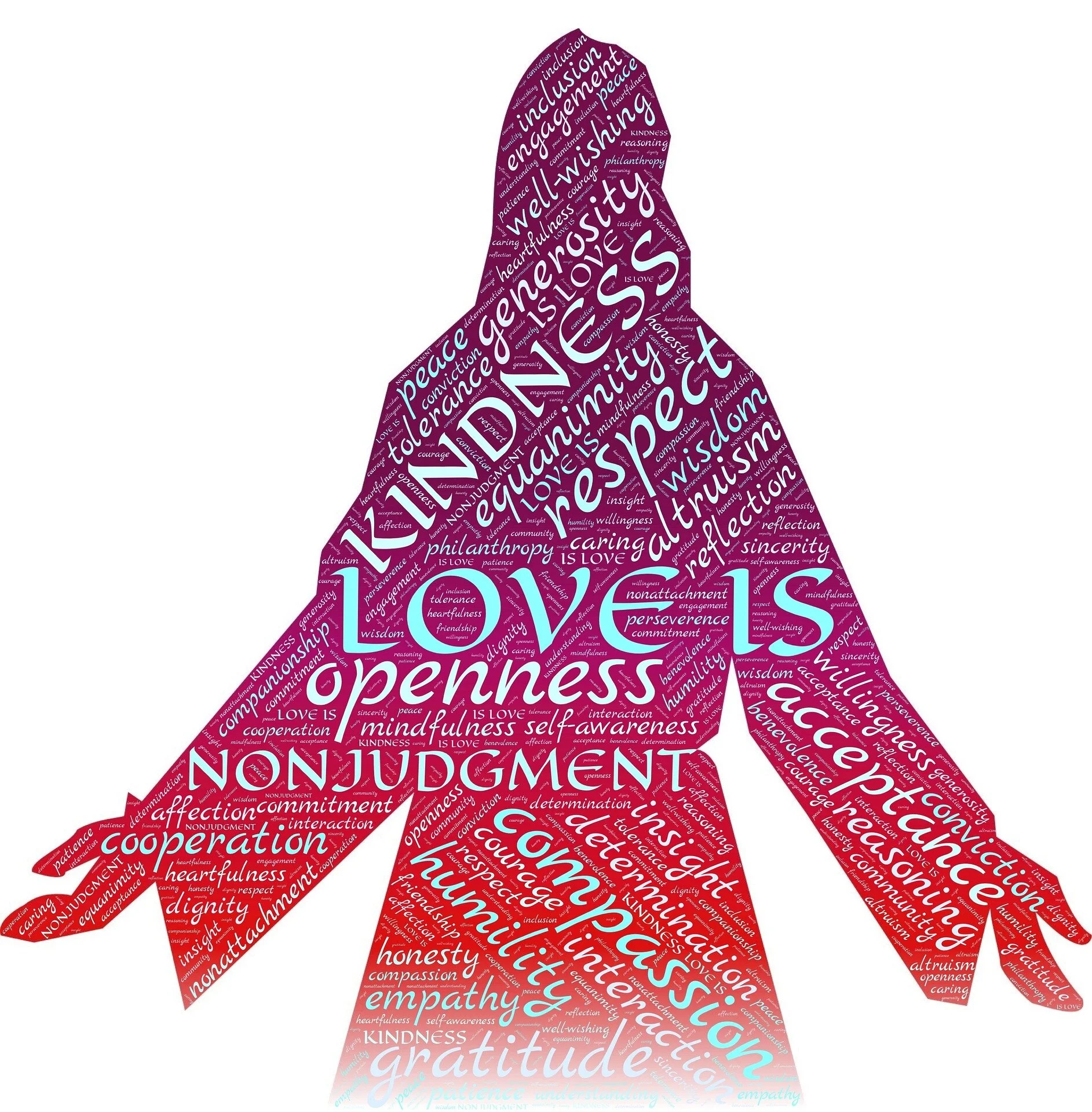Come to the Table
A good friend of mine started a Zoom devotional group a while back and asked me to be a part of it. Every Saturday, with a few exceptions here and there, the two of us along with four to six other ladies connect via the internet to study God’s word. We have been working through a particular devotional, so every week the scripture is something different. It has been the most rewarding thing I have done in a long time. It has been such pure joy to be back in God’s word with other like minded people. We are learning from passages we have read and reread over the years proving the very thing the Bible says about itself:
Pixabay
“For the word of God is living and active, and sharper than any two-edged sword, even penetrating as far as the division of soul and spirit, of both joints and marrow, and able to judge the thoughts and intentions of the heart.”
This past week we focused on Psalm 23. As a Christ follower this is a very familiar passage. The chapter consists of only six verses, but they are verses that pack an incredible punch with regard to our relationship with the Almighty. My eyes were opened anew as we read and discussed this simplistic poem written by the shepherd who would become a king.
“1 The Lord is my shepherd; I shall not want.
2 He makes me lie down in green pastures.
He leads me beside still waters.
3 He restores my soul.
He leads me in paths of righteousness
for his name’s sake.
4 Even though I walk through the valley of the shadow of death,
I will fear no evil,
for you are with me;
your rod and your staff,
they comfort me.
5 You prepare a table before me
in the presence of my enemies;
you anoint my head with oil;
my cup overflows.
6 Surely goodness and mercy shall follow me
all the days of my life,
and I shall dwell in the house of the Lord
forever.”
I do not want to take the time in this post to focus on all of the verses. We could easily spend a whole post on each verse, because there is so much to unpack. I feel compelled to talk specifically about verse 5 for today’s lesson. Let’s plumb the depths of this incredible verse together.
You prepare a table before me.
Pixabay
I think this is an appropriate follow-up to our study of Hannah over the last couple months. It became obvious to me as I read and reread those verses detailing Hannah’s struggle, her ability to lean into the Lord and her complete trust in Him, that she was drawing from a source of strength and peace that we all need. Let’s look at a few questions.
Who is doing the preparation? God is. The whole passage is about the Good Shepherd and we know that the Good Shepherd is referring to the triune God: Father, Son and Holy Spirit.
What is He preparing? A table. When I prepare a table for a family meal, the first thing I do is make sure the table is clean. Next, I add either a table cloth or place mats, partly to protect the table surface and partly to make the table look nice. After this, I might add some sort of decoration, from a simple candle, to a vase of flowers, to some more elaborate centerpiece. I am a pretty simplistic person, so typically less is more when it comes to decor. Finally, I will set the table with plates, silverware, napkins and glasses. Finally, I will cover the table with the food that was prepared for the meal, including butter for bread, salt and pepper and extra napkins. I try to take care to think about the needs and desires of those who will be coming to my table.
For whom is the table prepared? For me. God has done this great thing in preparing a table before me. He does it in my sight, so I might know it is there and come feast from it whenever I need or want. He does not hide the table and all its delicacies in a room behind some sort of intricate maze or secret passages. It is right there in front of me. In addition this table is prepared by the Good Shepherd who stays with me prepared to meet every need I might have.
I want you to pay special attention to the tense of the word - prepare. It is present tense. This is all at once something He has done, is doing and will do. There is never any lack or anything wanting at the table the Good Shepherd has prepared for me. The fact that He prepares the table before me, means that He is always preparing it. He doesn’t prepare it and then leave. A good host or hostess, doesn’t leave the room when dinner is served. They stay and sit and eat with their guests, always attentive to any need or desire that might arise.
Even as I type this, I am floored by the lavish love of our gracious Lord and Savior.
…in the presence of my enemies…
Pixabay
More questions.
Why does the Good Shepherd prepare this table before me in the presence of my enemies? I believe that God wants us to know two things. The first is His provision is for us; those who have allowed Him to brand His name on their hearts. That ornate table, full of good things is for those who call Him Lord.
The second is to remind us that we do have enemies.
“Be sober-minded; be watchful. Your adversary the devil prowls around like a roaring lion, seeking someone to devour.”
Just like the sheep have enemies, we too, need to be reminded that we have a real enemy who is seeking to devour us. The fact that our table is there for the enemy to see is a reminder that we do not need to be afraid, as long as we are in the Good Shepherd’s care. It is also a reminder to our enemies that we are provided for, always.
…you anoint my head with oil…
Pixabay
The practice of anointing with oil was traditional in Jewish culture for many reasons. Let’s look at a few of these.
A Form of Respect - Anointing with oil was a way for the host or hostess to honor the guests invited to their meal. It was a way to show respect.
Designation of Position - There were three offices that would commence with oil of anointment: prophet, priest and king. Anointing usually took place when a person was becoming one of these offices or some time at the beginning of their post.
Helping the Sick - Anointing with oil became a more regular practice in the church starting with the disciples who would anoint sick people. Even today, there are still churches who practice anointing with oil and may or may not be reserved for those with illnesses or needs.
Setting Aside - Often one who is anointed with oil is being set aside for God’s purposes. This would also be applicable to inanimate objects such as an altar, a building or a specific furnishing or item used in worship.
When the Good Shepherd anoints our head with oil, He is doing all of these things. He is showing us respect as the guests who dine at His table. He is designating our position as His chosen ones. He is healing our ills and mending our wounds, and He is also setting us aside for His eternal purposes.
…my cup overflows.
Pixabay
Our Good Shepherd would certainly look to our need for quenching our thirst as well.
“Jesus answered her, “If you knew the gift of God, and who it is that is saying to you, ‘Give me a drink,’ you would have asked him, and he would have given you living water.””
What is this living water and where do we get it? Living water is the only water that can truly satiate our thirst. Not the physical thirst that our bodies use to signify we need to drink, but our spiritual thirst, that constant longing and looking for something to satisfy and make us feel complete. There is only one place that we can get this water and it will be given with such generosity and enthusiasm that our cups with splash joyfully as they overflow. Our cups overflow at the table our Good Shepherd prepares for us.
As a believer, we all have access to this table. This table is where we will find fellowship with the Good Shepherd. This table is where will find food to bring energy and life back to our battle weary souls. This table is where we will find rest and repose. This table is where we will quench or innermost desires and longings. This is the table Hannah ate from as she walked her little boy into the House of the Lord and left him.
The Good Shepherd prepares this table for you and for I. Come eat with me!
























